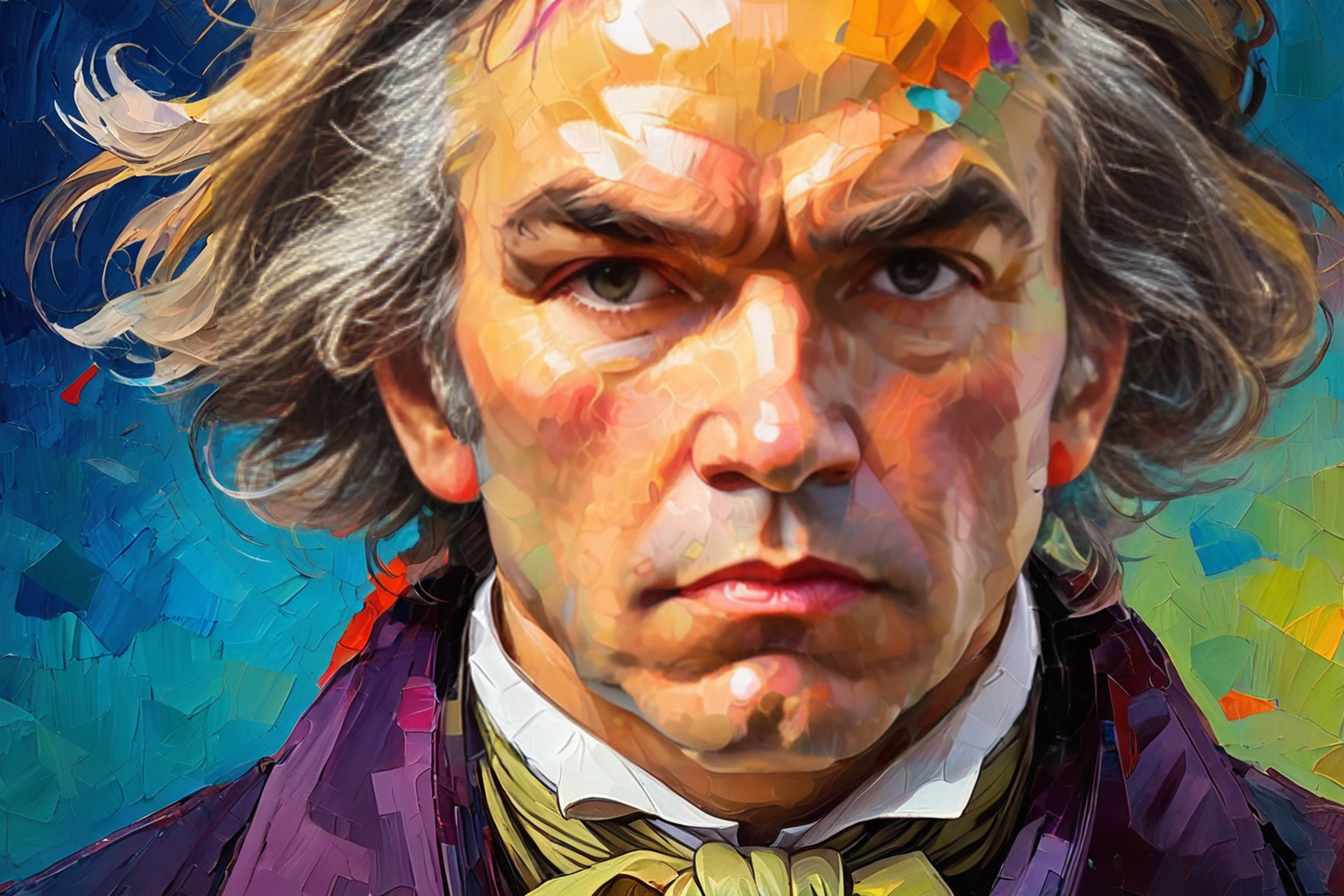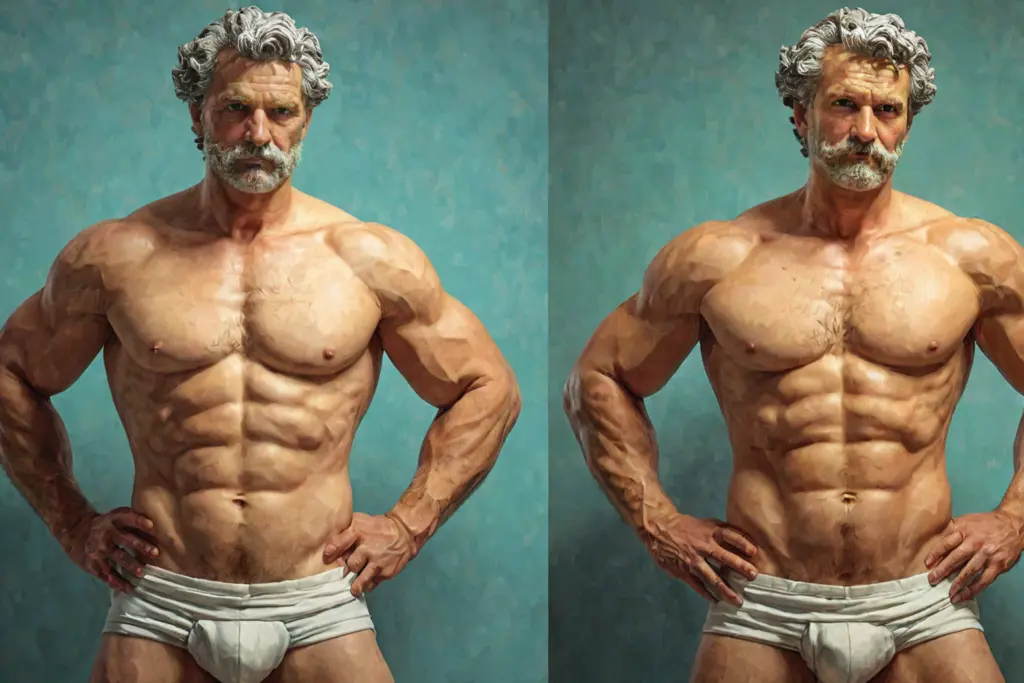
1. Ludwig van Beethoven was a German composer, pianist, and conductor born on December 16, 1770, in Bonn. He died on March 26, 1827, in Vienna.
2. Beethoven’s most famous works include his symphonies, sonatas for piano, string quartets, and his only opera, “Fidelio.”
3. He is often regarded as one of the greatest composers in history, known for expanding the scope and expressive power of music.
4. Beethoven’s hearing began to deteriorate at an early age, and by 1816 he was almost completely deaf. Despite this disability, he continued to compose and perform.
5. Beethoven had a tumultuous personal life, including an unrequited love for Countess Giulietta Guicciardi and a strained relationship with his father. He also had problems with alcohol and tobacco.
6. Beethoven’s compositions were groundbreaking for their use of orchestration and harmony, paving the way for future generations of composers.
7. He was deeply influenced by the works of Johann Sebastian Bach and Wolfgang Amadeus Mozart.
8. Beethoven was also known for his revolutionary ideas about the role of music in society, advocating for its power to inspire and uplift people.
9. His famous quote “Music can change the world” highlights his belief that music has the potential to create positive change in people’s lives.
10. Beethoven’s legacy continues to inspire musicians and audiences around the world, making him one of the most celebrated figures in the history of classical music.
Text model: silicon-masha
Image model: CHEYENNE

The Neural Navigator is a creative mind behind the lens of AI-generated images.
The Neural Navigator is always pushing the limits of what’s possible in this exciting new frontier of digital creativity. Whether it’s surreal landscapes, abstract patterns, or striking portraits, each image is a testament to the endless potential of AI-driven art.
Follow The Neural Navigator for a daily dose of innovative and visually stunning AI-generated imagery.


